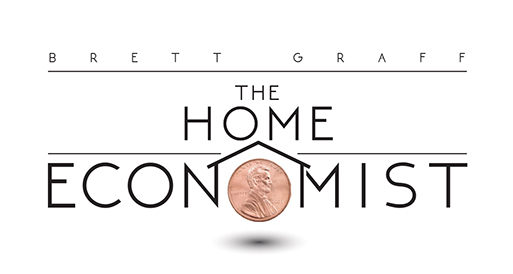Don’t worry if you got scammed from the guy with the accent claiming to be from Microsoft – the guy does speak with great urgency — because you’re not alone. So many people believed and bought into that one that the Federal Trade Commission had to investigate. Good news, the agency has spoken to our credit card companies and they’re happy to get your money back.
If you paid for bogus tech support services with a credit card, call your bank or credit card provider now and follow their instructions to dispute the charge, says the FTC. The credit card provider will open its own investigation to determine if the caller lied to get you to pay for the “repair” services, and will contact you within two billing cycles with the results of the investigation.
Also, if you think you might have downloaded malware from a scam site or allowed a cybercriminal to access your computer, there are some important steps to take, according to the FTC.
1) Get rid of Malware – that’s short for Malicious Software. Update or download legitimate security software and scan your computer. Delete anything it identifies as a problem. The FTC talks all about it here.
2) Change any passwords that you gave out. If you use these passwords for other accounts, change those accounts, too.
3) If you paid for bogus services with a credit card, call your credit card provider and ask to reverse the charges. Check your statements for any other charges you didn’t make, and ask to reverse those, too. Here you can find a great resource for how to dispute charges.
4) If you believe that someone may have accessed your personal or financial information, visit the FTC’s identity theft website. You can minimize your risk of further damage and repair any problems already in place.
5) File a complaint with the FTC at ftc.gov/complaint.








Leave A Comment